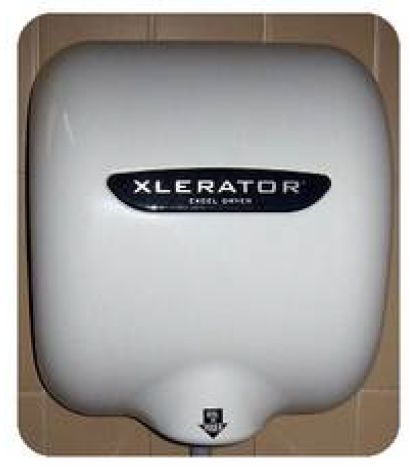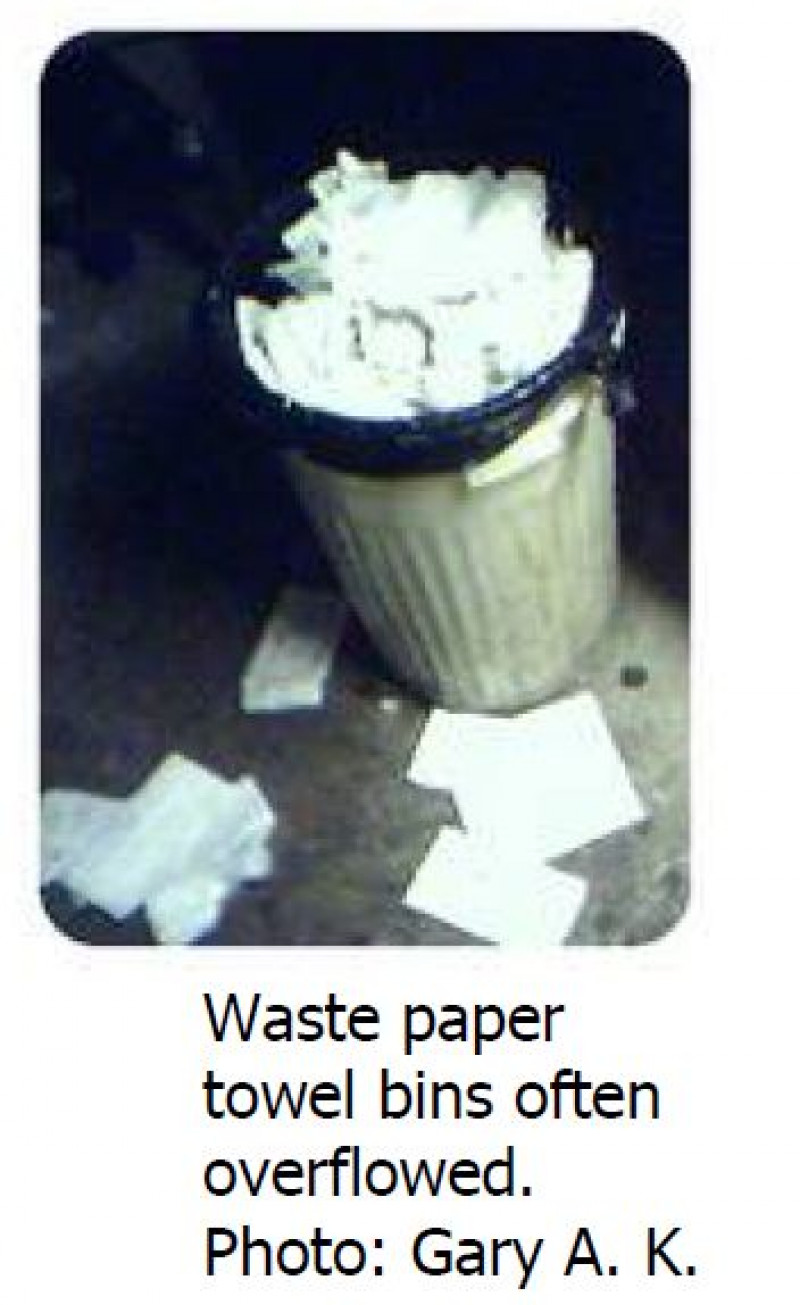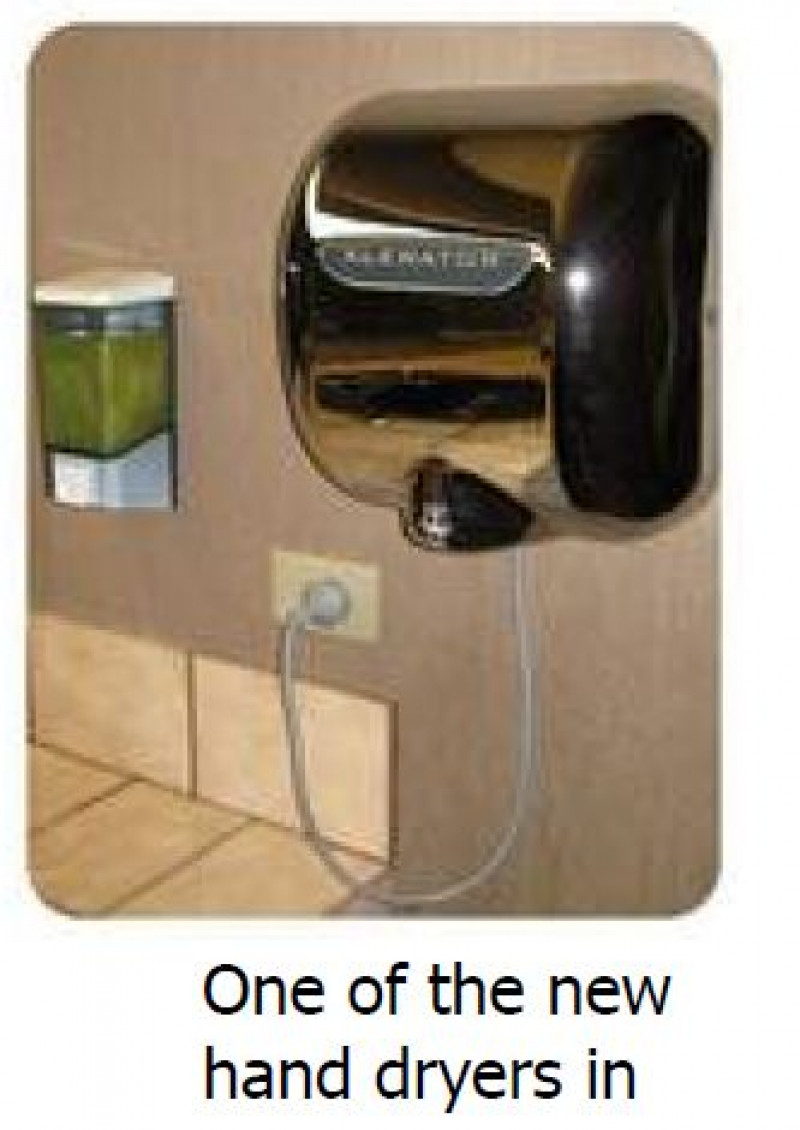-
Australia
Copyright © 2025 Powered by BCI Media Group Pty Ltd
Confirm Submission
Are you sure want to adding all Products to your Library?
Contact Detail

From July 2008, Maribyrnong City Council staff have been drying their hands with efficient air dryers rather than the 1.5 tonnes of paper towel previously used each year.
This relatively straightforward change is will save Council around $26,700 and prevent 2.6 tonnes of direct CO2e emissions each year.
In addition to the direct CO2 and cost savings, Council also considered the life cycle emissions and water consumption in the production of paper towel.
Producing a year’s supply of paper towel for Council requires an estimated 40,000 litres of water and 2.3 tonnes of CO2e is emitted during the manufacturing process – and that’s not counting the emissions from harvesting raw materials or from transport.
Council’s simple action has a 12-week payback period and substantial greenhouse gas
and cost savings. It has also led to tidier bathrooms and happier cleaners.
Background

The Town Hall complex houses approximately 250 staff. There are nine toilet blocks (male and female) in the complex, all using paper hand towels despite hand dryers being available in two of the toilet blocks.
Waste paper towel often ended up on the floor of the hand washing area as bins overflowed.
Supplying paper towel for the Town Hall complex cost Council approximately $9000 each year, not including the labour costs of cleaning the floors, restocking the holders, ordering, emptying the rubbish bins and buying plastic bin liners.
With the addition of the associated costs, Council was spending around $27,000 annually.
Implementation and approach

Driven by Council’s environment team, hand dryers were trialled in a male toilet for two weeks without any complaints.
A notice was posted on the council website explaining the planned changes and, in consultation with the Hallkeeper, Council installed hand dryers in all toilet blocks and removed paper towels.
Some staff raised concerns about hand dryer noise from a toilet block close to offices. After a number of complaints, the hand dryers were replaced with a quieter but less efficient model, which successfully addressed the noise problem.
Changing staff behaviour has proved to be a challenge. Even six weeks after the introduction of the hand dryers, paper towels were still occasionally appearing in the washrooms, proving the fact that old habits die hard!
Costs and Benefits
Financial benefits
The new hand dryers cost $6075 and ongoing annual energy costs are $234.
However, this cost is minimal when compared to the estimated $26,941 Council used to spend each year to keep the toilets supplied with clean paper towel and to dispose of it when used.
The action has a payback period of 12 weeks and is predicted to save $26,700 a year.
Environmental benefits
By no longer using paper hand towels, Council is preventing 2.6 tonnes of direct CO2e emissions each year, as well as the estimated 40,000 litres of water used in production and 2.3 tonnes of CO2e emitted during the manufacturing process.



